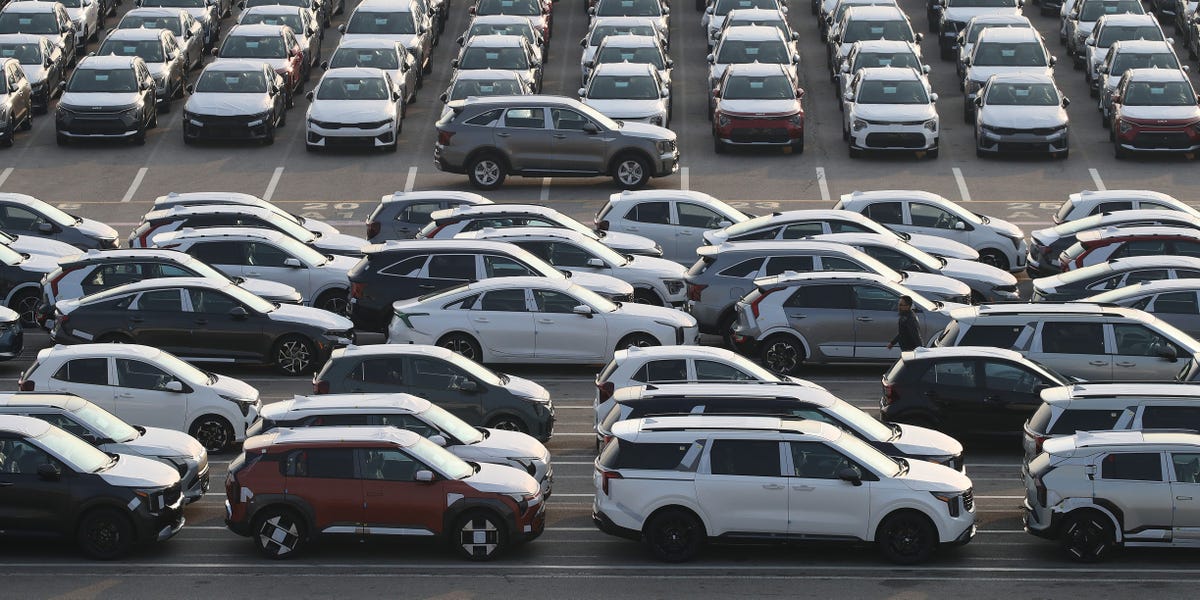Tariff Tremors: Detroit's Automotive Giants Brace for Impact as Trade War Reshapes Manufacturing

In a bold response to potential auto tariffs proposed by former President Trump, major automotive manufacturers Ford and Stellantis are taking strategic measures to mitigate potential economic impacts. These car giants are not sitting idle, but actively implementing creative strategies to protect their businesses and consumers.
Ford and Stellantis are employing a multi-pronged approach, utilizing a combination of consumer discounts, strategic fees, and even temporary production stoppages to navigate the uncertain trade landscape. These actions demonstrate the automotive industry's agility in responding to potential trade policy shifts.
By proactively adjusting their business models, these companies are sending a clear message: they are prepared to absorb and adapt to potential tariff-related challenges. Consumers can expect to see innovative pricing strategies and potential shifts in vehicle production in the coming months.
The automotive industry's response highlights the complex interplay between trade policy, manufacturing, and consumer economics. As negotiations and potential tariffs continue to evolve, these manufacturers are positioning themselves to minimize disruption and maintain competitive market positions.
